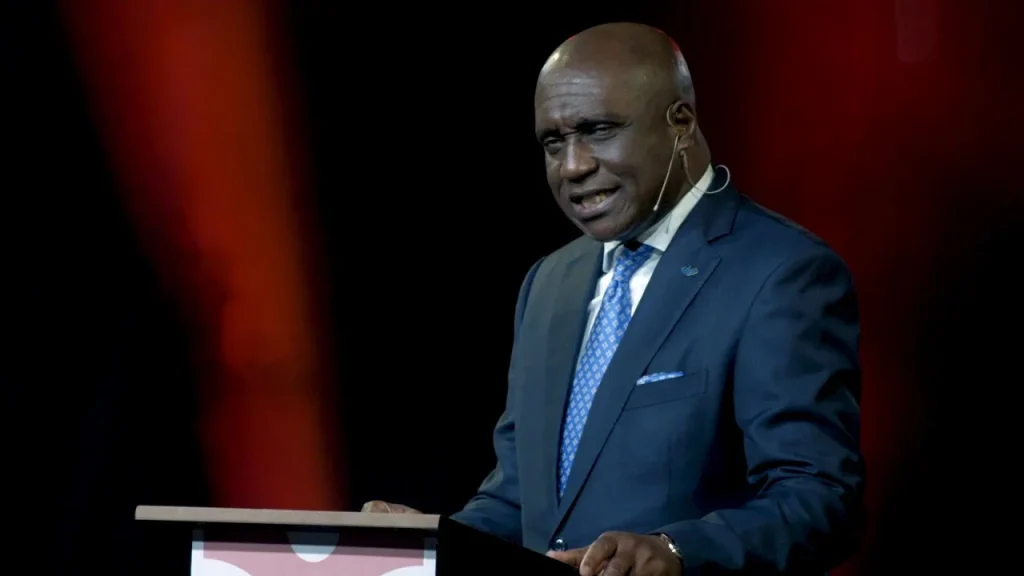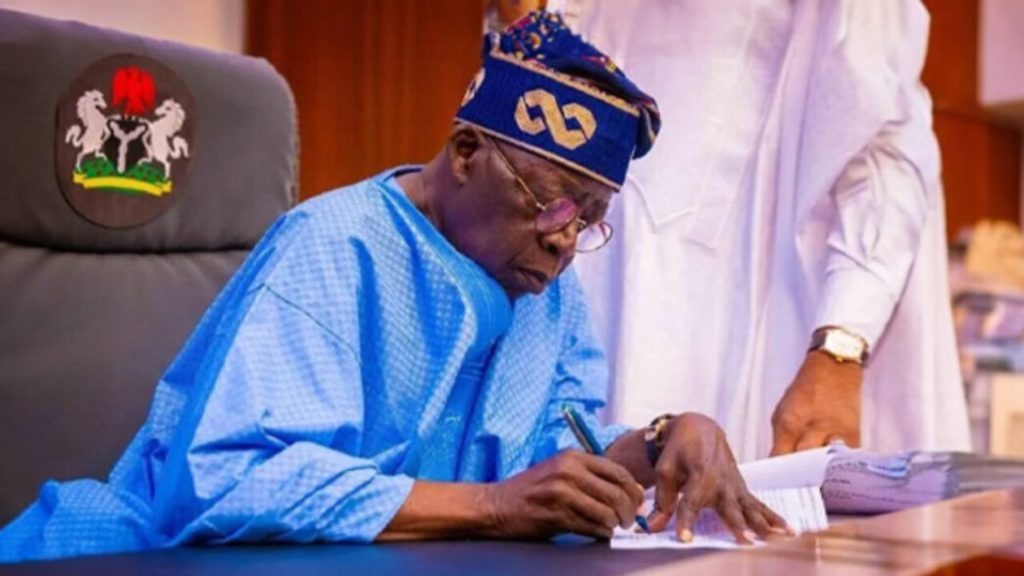The Inter-Party Advisory Council (IPAC) has called for a significant overhaul of Nigeria’s electoral appointment process, seeking to transfer the power to appoint key officials of the Independent National Electoral Commission (INEC) from the presidency to an independent panel. This proposal, presented by IPAC National Chairman Yusuf Dantalle at a meeting with the House of Representatives Committee on Constitutional Review, aims to bolster INEC’s independence and enhance public trust in the country’s electoral system.
Under the proposed framework, an independent appointment committee (IAC) would be established, comprising representatives from all registered political parties, civil society organizations, the National Judicial Council (NJC), and a committee of the national assembly. This diverse representation is intended to ensure a fair and unbiased selection process for INEC’s chairman, commissioners, and secretary.
In addition to the appointment reform, IPAC has also advocated for the abolition of state independent electoral commissions (SIECs) and the transfer of responsibility for conducting local government area (LGA) elections to INEC. According to Dantalle, this move would champion local government autonomy and encourage citizen participation in grassroots politics, ultimately guaranteeing free, fair, and credible LGA elections.
Furthermore, IPAC has pushed for the reinstatement of funding for political parties, citing the need for a level playing field for all parties involved. This funding, Dantalle argued, is essential for promoting a competitive and inclusive electoral environment.
The proposed reforms, if implemented, would mark a significant shift in Nigeria’s electoral landscape. By strengthening INEC’s independence and streamlining the electoral process, the country may be able to enhance the credibility and transparency of its elections. As Nigeria continues to navigate its complex political terrain, the success of these reforms will depend on the ability of stakeholders to collaborate and prioritize the integrity of the electoral system. With the proposed changes, Nigeria may be poised to take a crucial step towards consolidating its democratic gains and fostering a more inclusive and representative political culture.



